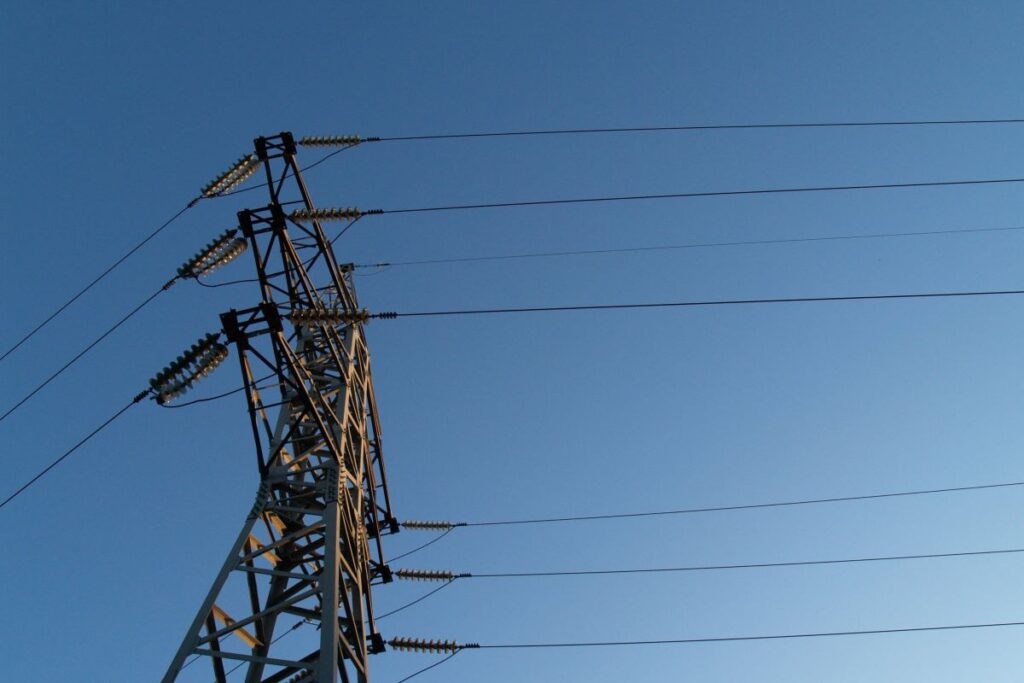NEWS
What type of energy contract should I have?

Every business is different. One type of energy contract isn’t going to fit every single business. It’s important that your business is on the best contract for your needs, factoring in consumption and budgets. Here’s our breakdown of some of the different energy contracts your business could have to help you make the best-informed decision before you sign.
Fully fixed energy contracts
This type of energy contract is the most common. It tends to suit businesses looking for security in their energy contract. This is because your prices will be fixed throughout the duration of your contract, no matter the length. The energy supplier will have already included an element of risk into the overall unit rates to ensure they’re viable and sustainable.
Fully fixed energy contracts can help to protect you against any price increases during your contract, making it easier for you to budget for the duration of your contract. However, this does not guarantee that your monthly payments will be the same as the amount you pay is based on the kilowatts you used. Therefore, if your consumption varies from month to month, your monthly payments will too.
Fixed (partial pass through) energy contracts
This type of energy contract works in a similar way to fully fixed contracts. However, the prices may be subject to changes at any point in your contract. This is usually due to a threshold in usage being reached or there are extreme changes in prices in the wholesale market. The threshold and terms will be set by the supplier and when there are any changes in prices, that increase will be passed on to you.
If you’re choosing this type of energy contract, it’s important that you have a firm understanding of exactly what has been set by your supplier. This can include any number of the third-party charges and will vary from supplier to supplier.


Pass through energy contracts
With pass through contracts, you agree to some of the charges and rates upfront. The rest, for example third party charges, will be ‘passed through’ to you at cost. Unlike fixed contracts, you as the customer take on the risk so you could be seeing lower costs as the risk isn’t built in.
This type of contract is best for businesses who can adapt and reduce their consumption during the ‘expensive times’ for energy usage. For example, Monday to Friday or the winter months. These types of contracts also mean that you can benefit if costs begin to fall and because you’re taking on the risk as the consumer, you will likely see lower costs. However, they don’t offer budget certainty and require more administration as costs will likely fluctuate. Also, if your business is consuming energy during peak usage times, you could be leaving yourself liable to expensive charges. These third party charges are exempt from the Business Energy Price Cap.
Flexible energy contracts
In recent years, flexible energy contracts have become more popular as a way of managing risks in purchasing. Compared to a fixed contract which has the costs locked in for the contract, flexible contracts do not have the energy part included when you sign your contract. Therefore, you’ll have to purchase the energy your business uses.
Non-commodity costs can be fixed or pass through in a flexible energy contract, but the energy pricing is done throughout the duration of your contract. You’ll always be supplied energy and you have the ability to set the price of your energy through trading. This means you can buy at times when the market is looking favourable. Because it will take more time to do, this contract works best for businesses that have a dedicated employee or department that can overlook the whole operation.
When agreeing to a flexible contract, there are lots of factors you need to take into account. For example:
- The duration of the contract
- Portfolio management – you can add or remove meters
- Energy purchasing – how can you do this?
- Non-energy costs – will you get a fixed or variable tariff?
- Billing
What are the other options?
Your business could also be on a deemed or variable contract. You may also have no contract in place at all. This typically means that you’ll be paying above market average prices for your energy. Therefore, it’s best to agree to one of the above, depending on your business type, energy purchasing strategy, and adversity to risk. The new Energy Bill Relief Scheme differs on the type of contract you have so it’s worth checking that too.
Contact us
Our team of experienced energy advisors have extensive market knowledge to help you make the most informed decision when signing your business’ energy contract. As part of our total energy management plan, we’ll be able to find the best contract to suit your business’ needs and requirements. To find out more, contact our team of experts today.




